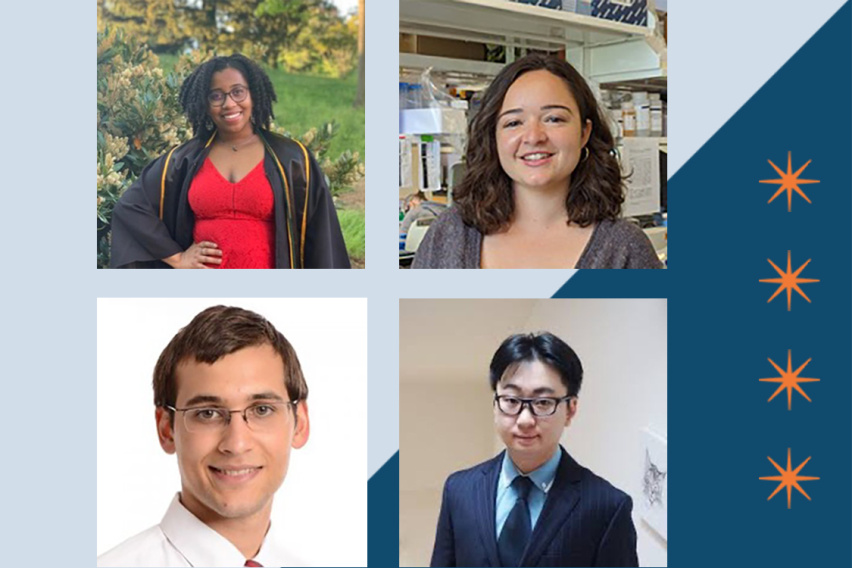MIT Koch Institute
May 21, 2021
The Robert A. Swanson (1969) Biotechology Center lies at the heart of Koch Institute research. Supported in large part by philanthropy, these core facilities provide state-of-the-art technical resources and trusted scientific expertise to researchers at all levels, accelerating MIT’s robust cancer science and engineering projects to have the greatest possible impact on patients and cancer research. Over the course of this series of lightning talks and culminating panel discussion, experts in bioinformatics, high throughput sciences, and microscopy joined researchers from the Bhatia, Hammond, Koehler, and Yilmaz laboratories to profile their teamwork. The three highlighted projects—tracking the effect of circadian rhythms on drug metabolism, hijacking cellular recycling systems to break down challenging cancer targets, and longitudinal monitoring of organoids—exemplify the SBC’s collaborative nature and reflect on the unique environment of the Koch Institute.
